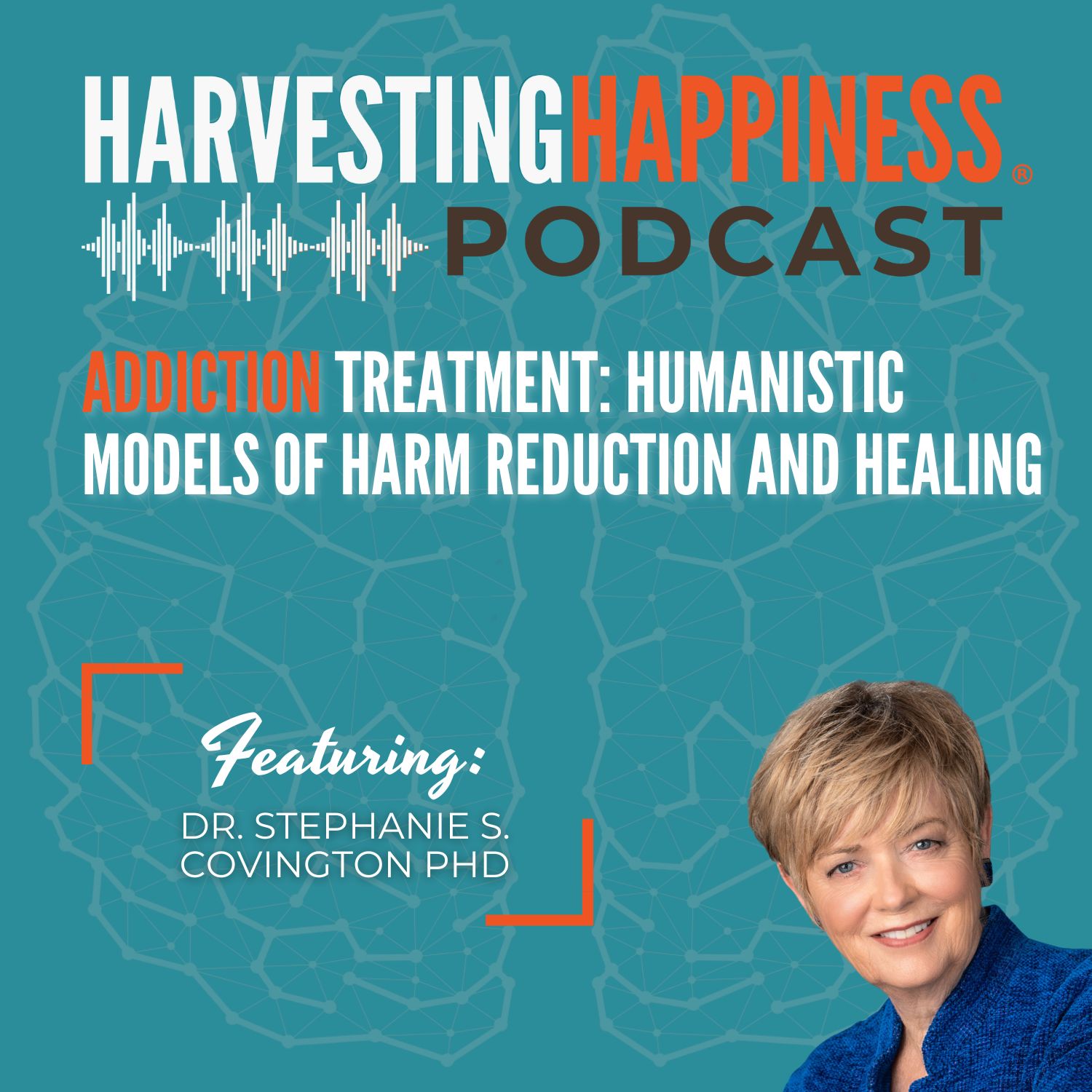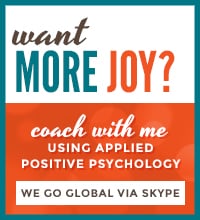 A lack of emotional literacy often lessens our ability to face life's storms. As a result, many women resort to self-medicating behaviors to cope. In a more compassionate world, addiction recovery would nurture human needs and prioritize genuine healing. As many global strategies are evolving beyond abstinence, in the US, it is time to recognize that harm reduction programs offer a safe alternative to crisis care.
A lack of emotional literacy often lessens our ability to face life's storms. As a result, many women resort to self-medicating behaviors to cope. In a more compassionate world, addiction recovery would nurture human needs and prioritize genuine healing. As many global strategies are evolving beyond abstinence, in the US, it is time to recognize that harm reduction programs offer a safe alternative to crisis care.
To highlight some more humanistic and lesser-known strategies of harm reduction and healing, Harvesting Happiness Podcast Host Lisa Cypers Kamen speaks with clinician, author, and consultant Dr. Stephanie Covington.
To celebrate the 30th anniversary of her breakthrough book, Hidden Healers: A Woman’s Way through the Twelve Steps, Dr. Covington shares recently revealed research and the latest statistics that dispel old beliefs about coping mechanisms, harm reduction strategies, addiction treatment, and healing.
Dr. Stephanie S. Covington — Addiction Treatment:
- Lacking the right tools, many resort to coping mechanisms when facing difficulties. {3:33}
- A Woman’s Way Through the 12 Steps is a female-focused guide through the addiction treatment process. {9:34}
- Global harm reduction strategies go beyond abstinence. {19:30}
- Addiction treatment programs based on human nature, emotional literacy, and healing are the most effective. {23:55}
Meet Our Guest:
Dr. Covington is dedicated to supporting individuals in recovery, emphasizing systems change, and creating compassionate, empowering therapeutic environments. A sought-after speaker, she is known for her engaging presentations and seminars. This episode celebrates the 30th anniversary of her book A Woman’s Way through the Twelve Steps.
“We tend to reach for things that provide the most expedient relief. Alcohol and drugs, they do it. It is a rational, but unsustainable solution.” - Lisa Cypers Kamen
















